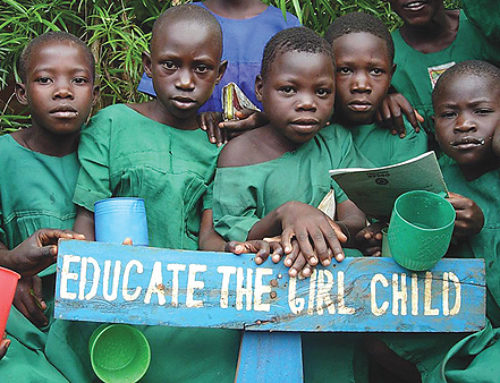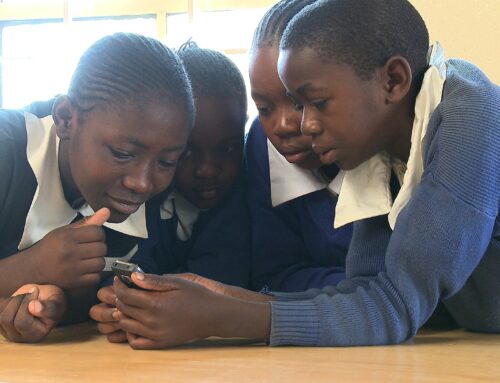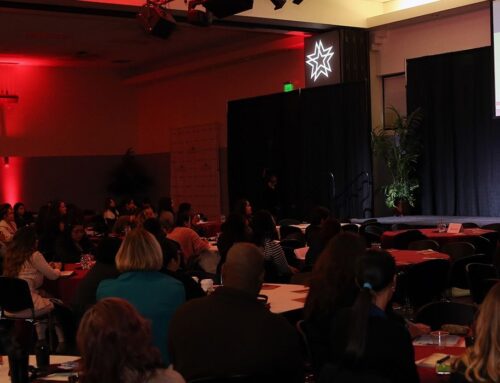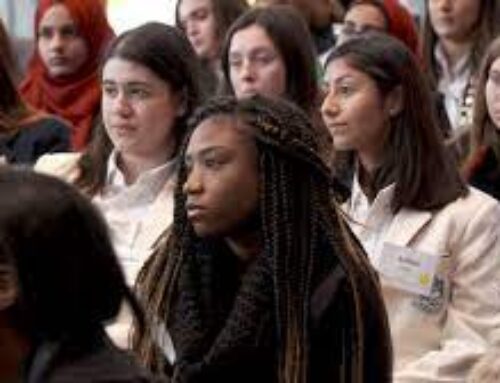A word from the president of AG as we celebrate the international day of the girl child.
In today’s contemporary world, there are still so many impediments to women/girl development. It is 2016 and nearly 15% of women worldwide cannot read or write. Women continue to experience significant gaps in terms of poverty, wages and participation in private and public decision making. In Cameroon, about 38% of girls do not attend secondary school. In the same Cameroon, the legal age of marriage for girls is 15 years and 43.4% of girls get married below the age of 18. According to recent data in Nigeria, more than 10.5 million children are out of school and majority of them girls. The trend is the same for most African countries or developing countries where gender equality is a joke. In the realm of paid work, women are engaged in the workforce less than men, their work tends to be very vulnerable and they are under-represented in senior management.
some progress has been made in elevating women’s lives in Africa, however, a lot still needs to be done to overcome education, cultural, economic and health burdens borne by girls and women in the society. There are several reasons that promote the scourge of violence against African women:
- The fact that violence against women is accepted as a cultural norm and is condoned my society is incomprehensible
- The patriarchy system across Africa allows women to be treated as subordinates to men
- Traditional practices such as FGM, breast ironing, early childhood marriage, female infanticide and so many others.
According to UNESCO, school enrollment ratio in Sub-Saharan Africa lags significantly behind the global average. It also showed less than 80% of girls enrolled in primary schools in countries like Burkina Faso, Sudan, South Sudan, Somalia, Ivory Coast and so on. The recent religious violence against girls in Africa which culminated to the abduction of more 200 school girls by Boko Haram has heightened the African Girl’s quandary at a time when concerted efforts are being made to push gender equality.
The health of the African woman/girl is affected by a plethora of factors including but not limited to high rates or maternal mortality, HIV, and an increasing rate of chronic diseases such as breast and cervical cancer. Cameroon has one of the highest maternal mortality rate in West Africa. According to the WHO the current MMR in Cameroon is 596 deaths/100,000 live births and this is just a paradox as it has increased from 430 death/100,000 live births in 1991. So yes much needs to be done in the area of health care as it affects women and young girls.
Africa has achieved notable economic growth in recent years and for this to be sustainable, the growth must be inclusive, and translate into valuable improvements in the lives of women, men and children. As African countries continue to eliminate gender disparities in education, we will see a continent of educated women and girls who are able to make informed choices about family planning, health and education.
It is time to find long lasting solutions to decades of institutional challenges marginalizing women and girls. African Girls has the power to change lives and the future of communities. We provide girls with the opportunity to become global citizens, to challenge themselves, to develop hidden talents, realize their potential and to achieve their goals. When girls are educated they gain skills and knowledge to break the cycle of poverty and develop their communities. Like Michelle Obama rightly coined it, “we simply cannot walk away because we are these girls, they are our sisters and our daughters are these girls. So let’s collectively change the world one girl at a time.






